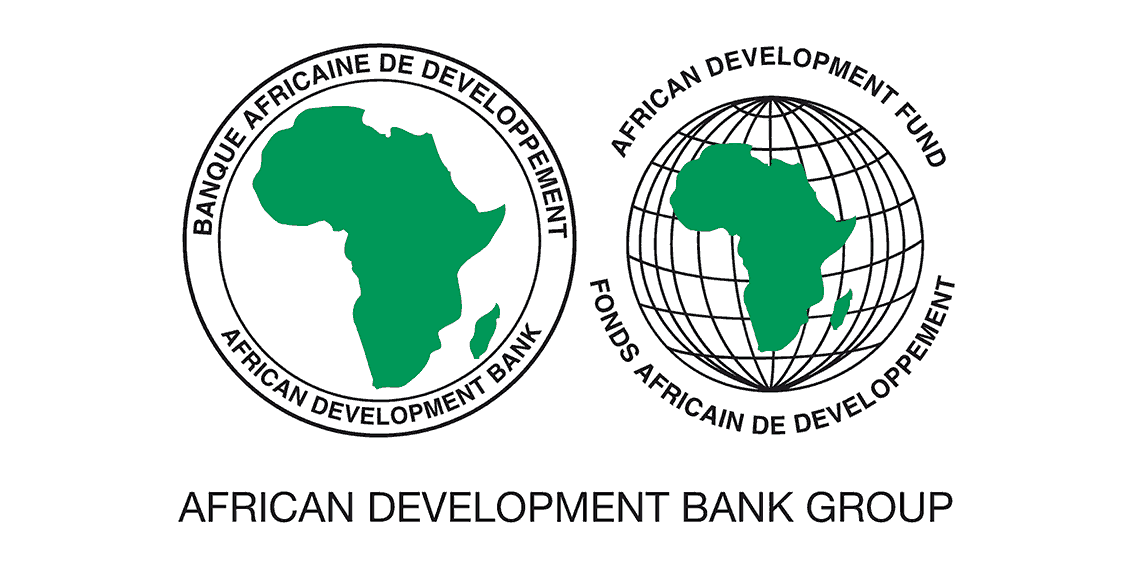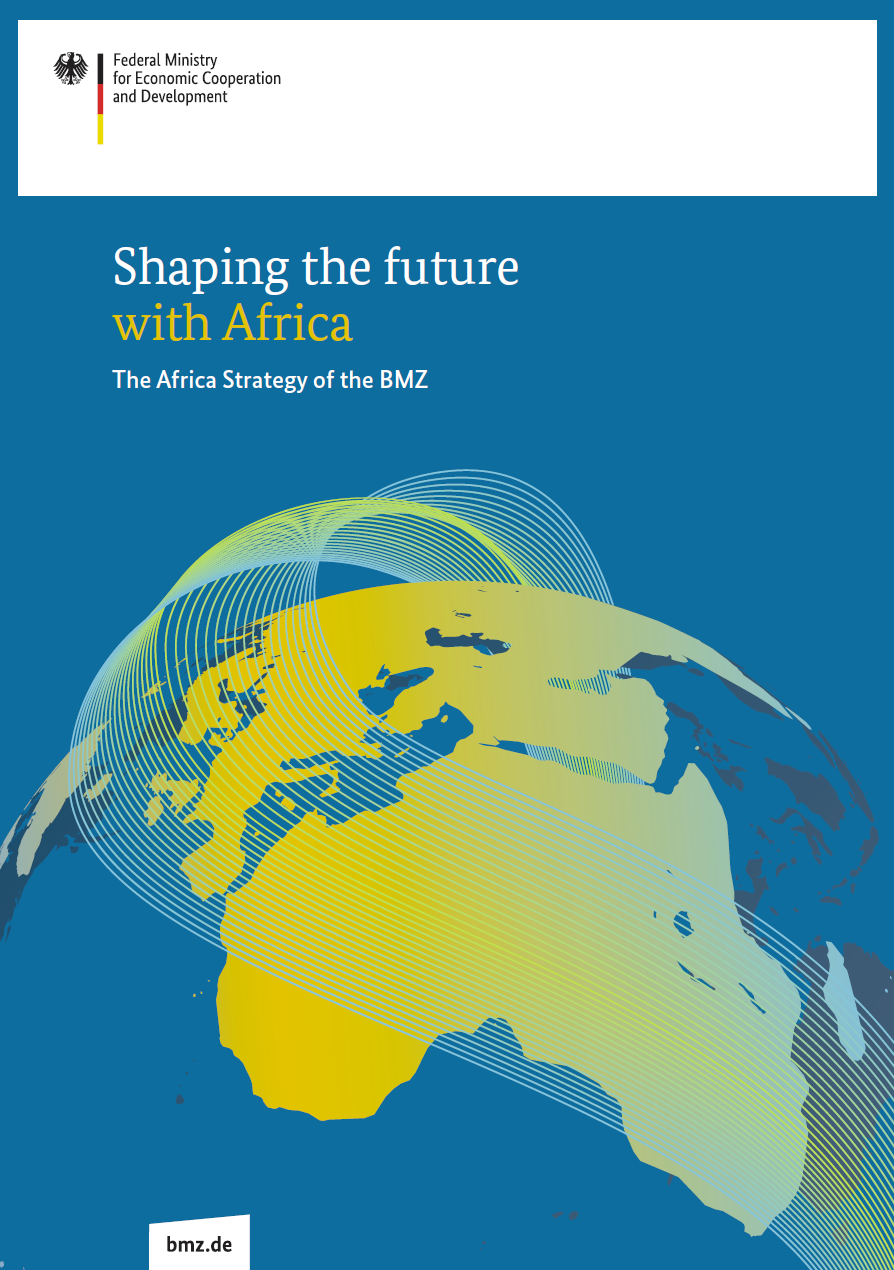African Development Bank
AfDB strategy and priority areas
The AfDB offers finance such as loans, grants and guarantees to promote economic development in its member countries. In its long-term strategy for the period from 2013 to 2022, the AfDB has identified infrastructure, regional integration, private sector development, good governance and higher education/technology as priority areas.
In 2016, the long-term strategy was revised and aligned with what is known as the High 5:
- Light up and Power Africa (energy)
- Feed Africa (agriculture)
- Industrialise Africa (industrialisation)
- Integrate Africa (regional integration)
- Improve the Quality of Life for the People of Africa (this includes, for instance, health, water/hygiene, employment, gender equality)
The new long-term strategy for the period from 2023 to 2032 is in preparation and will build on the High 5.
The consequences of climate change, of the COVID-19 pandemic and of Russia’s ongoing war of aggression on Ukraine pose big challenges for the African continent and hence also for the African Development Bank.
The Bank is increasingly focusing on green and inclusive growth in order to be able to continue to promote economic growth, job creation, poverty reduction and help improve people's quality of life in Africa. The Bank is increasingly investing in renewable energies, climate-friendly agriculture and sustainable water resource management. It is thus helping to improve the economic opportunities for people, regions and countries in Africa, making the continent more resilient in the long term.
The AfDB and its partners have already successfully reached some important milestones: A new climate fund has been set up, which will help to fight the consequences of climate change. In addition, it was decided that at least 40 per cent of the funding provided by AfDB will be earmarked for climate action and 25 per cent for regional infrastructure projects. In 2025 at the latest, a minimum of 80 per cent of all sovereign operations are to generate a direct positive impact for women and girls.
AfDB Bank Group
The Bank Group includes:
- the African Development Bank (External link) (AfDB)
- the African Development Fund (External link) (ADF) and
- the Nigeria Trust Fund (External link) (NTF)
While the AfDB issues loans to African middle-income countries, the ADF supports countries that do not have sufficient resources to benefit from regular AfDB financing. These countries are offered interest-free loans and grants to finance sustainable development. In addition to the overarching priorities of the Bank Group, the ADF is focused, in particular, on efforts to prevent and counter fragility. The fund is financed by contributions from donor countries and from AfDB revenue and has its own management structure and own budget.
The NTF was founded in 1976 with capital from Nigeria. It provides cofinancing for AfDB measures and financing for NTF-specific measures in the public and private sectors in low-income member countries.
The BMZ’s cooperation with the AfDB
Within the German government, the Federal Ministry for Economic Cooperation and Development (BMZ) is responsible for the AfDB Bank Group. Germany is AfDB’s largest European shareholder with a capital share of 4.1 per cent (as at 31 December 2022). In addition, Germany is currently the largest donor of the African Development Fund (replenishment for the period from 2023–2025) and contributes to the new climate fund.
AfDB works closely with the African Union and is a strategic partner for Germany’s development cooperation activities with countries on the African continent. The bank’s diverse range of activities is very much in line with the BMZ’s priorities. Special focal topics of cooperation are climate mitigation and adaptation, gender equality, regional integration and infrastructure. Through its Africa strategy, which was developed in close cooperation with its partners, the BMZ has underlined that the ambition of its cooperation efforts is to sustainably promote shared goals.
- Website of the African Development Bank (AfDB) External link
- Website of the African Development Fund (ADF) External link
- Information on the Nigerian Trust Fund (NTF) External link
- The “High 5” of the African Development Bank External link
- Information on Germany's involvement with the AfDB External link
As at: 12/04/2023

